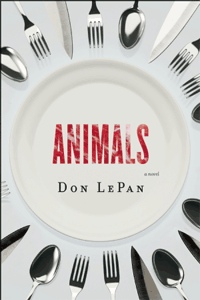Chicken survey
Poll commissioned by Vancouver Humane Society says majority of Canadians willing to pay more for “humanely” produced food and in favour of ban on battery cages.
British Columbians were the most opposed to the use of battery cages, with 69% supporting a provincial ban, followed by Quebec (66%), Alberta (65%) and Ontario (61%). Results from a similar poll in 2007 suggest there has been an increase in public support for a ban over the past two years.
Countries such as Sweden, Switzerland, Germany and the Netherlands have all banned the use of battery cages, as will the entire European Union as of 2012, and the State of California in 2015.
“Canadians are becoming more compassionate as they learn more about how our food is actually produced,” said Leanne McConnachie, Director of Farm Animal Programs for VHS. “If consumers want to make a difference now, the best option is to make compassionate choices in the grocery store. In Canada, Certified Organic standards guarantee that the eggs come from free-range and free-run hens.”
Also, majority of Canadians think everything’s fine.
The poll also found that 62 percent of Canadians believe farm animals are treated humanely in the process of producing food and other products.
VHS has slick site here.







